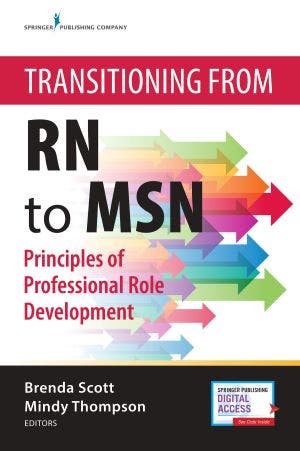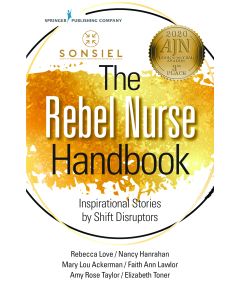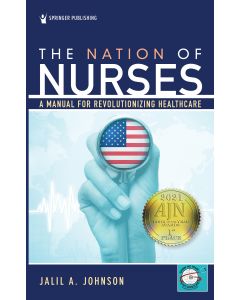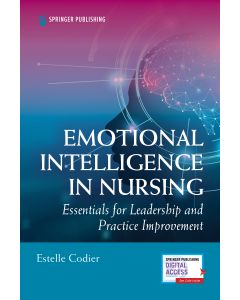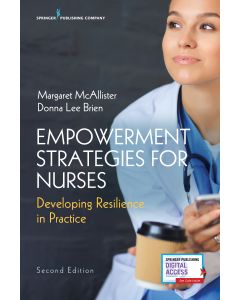Nursing, Nursing Advanced Practice, Clinical
Communicate Like a BOSS
This is your moment. You've just been assigned your first project to lead. You have a strong strategy and assemble the perfect team for optimal outcomes. You've considered every facet, every potential hurdle, and you are confident! The number one leadership skill that can make or break any process, no matter how well planned, is communication. Let's go through how to make effective communication a priority when leading a group, including how to manage conflicts along the way.


Some common questions to begin with are:
• Who needs regular updates?
• What information will they need?
• What information will make each team member successful?
• Which communication method is ideal?
• How transparent can I be with the entire project?
• What is the purpose/goal?
When you are forming an interprofessional team, you need to consider the needs of EACH participant. For example, you won't communicate with someone from the health department the same way you will with the mayor of the town. Consider each stakeholder's background, interests, and needs. How does this person best consume information? In writing, charts, or conversations? Can you speak to them casually or do you need to take a formal approach? Communication styles are a HUGE consideration to set yourself (and everyone else) up for success.
"The biggest communication problem is we do not listen to understand. We listen to reply."
-Stephen R. Covey


Conflict. Take a deep breath, it's going to happen and you're going to be ready for it.
The more you consider your response to conflict, the more you will be prepared for when the challenge arises. Three considerations for conflict resolution are reviewed as follows.
1. Candid Conversations: These conversations may occur at many points during interprofessional collaboration (IC). The key is to be prepared. Although you may not be able to plan for every single detail or type of occurrence, it is a good idea to have a general awareness about the process you will take to address concerns. In a high-stakes conversation, the first step is to remove your personal feelings. Instead, ask yourself: What is the goal of the conversation? What are we working toward as a group?
2. Mindfulness: One important aspect of IC interactions is to be aware that everyone brings a different perspective to the group. It is important to be present in every situation. The ability to remove emotions, judgment, and assumptions from your response allows you to enter a conversation ready to hear the person you are engaging. When you can truly “hear” what another person is saying, it allows you to become a stronger leader. Recognizing that each individual brings their own perspective to the table and that each has value is a key leadership competency. Mindfulness in every interaction allows even the toughest conversations to feel a little less personal while adding value to each participant.
3. Resolution: When candid conversations occur, we are all working toward a resolution. The challenge presented is whether that resolution can be mutual for all involved. Mutual resolution is especially important in IC. One method to achieve resolution is the “CRIB” method (Patterson, Greeny, McMillan, and Switzler, 2002, pp. 83–87). These authors define the CRIB method as follows:
• C: Commit to seek mutual purpose. -- Gain commitment from all parties to stay engaged in the conversation no matter what.
• R: Recognize the purpose behind the strategy. --Consider the purpose bringing each participant to the team. Why are they involved? What is their level of commitment?
• I: Invent a mutual purpose. --Each stakeholder has a different route to achieve improvement. If they cannot agree on the small purpose (i.e., all treatments vs. no treatment), they can work to identify a broader purpose or goal.
• B: Brainstorm new strategies. --The final step is where the fun happens. The group works toward an agreement where certain aspects that satisfy each stakeholder.
It is important to consider how this method can apply to those difficult relationships or opportunities where IC may be strained. Visit the free chapter from Transitioning from RN to MSN to see an example of this method.
Lastly, remember to reflect after every project and every conflict. What did you do GREAT and what would you change if you can go back? This practice is going to help you grow and become stronger over time. A leader is someone people want to follow, whether you a title or not, you have an opportunity to create an environment where others want to follow.
This blog is derived from Transitioning from RN to MSN, Principles of Professional Role Development.
Read more in the free chapter on Interprofessional Collaboration and visit the book page to buy your copy today!
References:
Patterson, K., Greeny, J., McMillan, R., & Switzler, A. (2002). Crucial conversations: Tools for talking when stakes are high (2nd ed.). New York, NY: McGraw-Hill Education.
More on Leadership Skills:
For recommended resources on a variety of topics visit our New NP Center!

